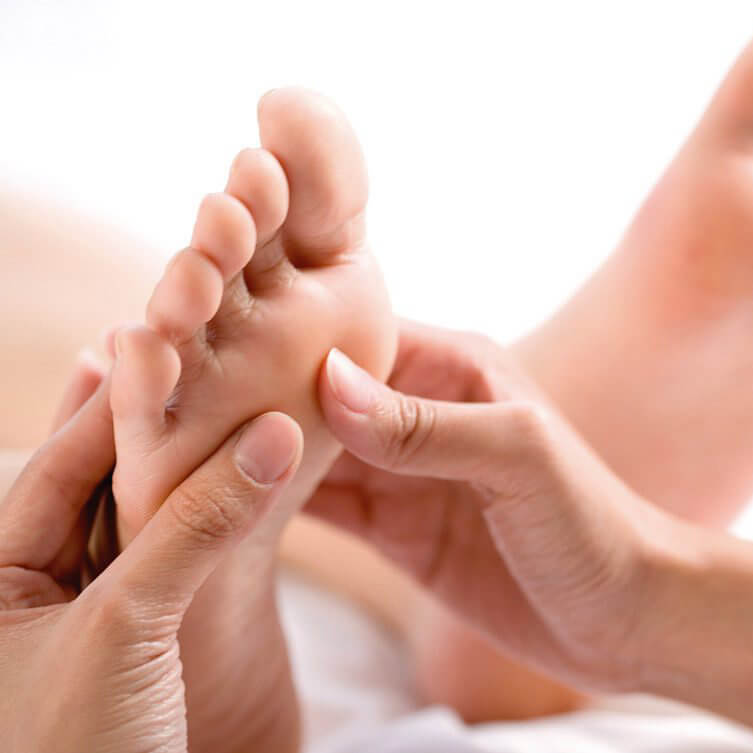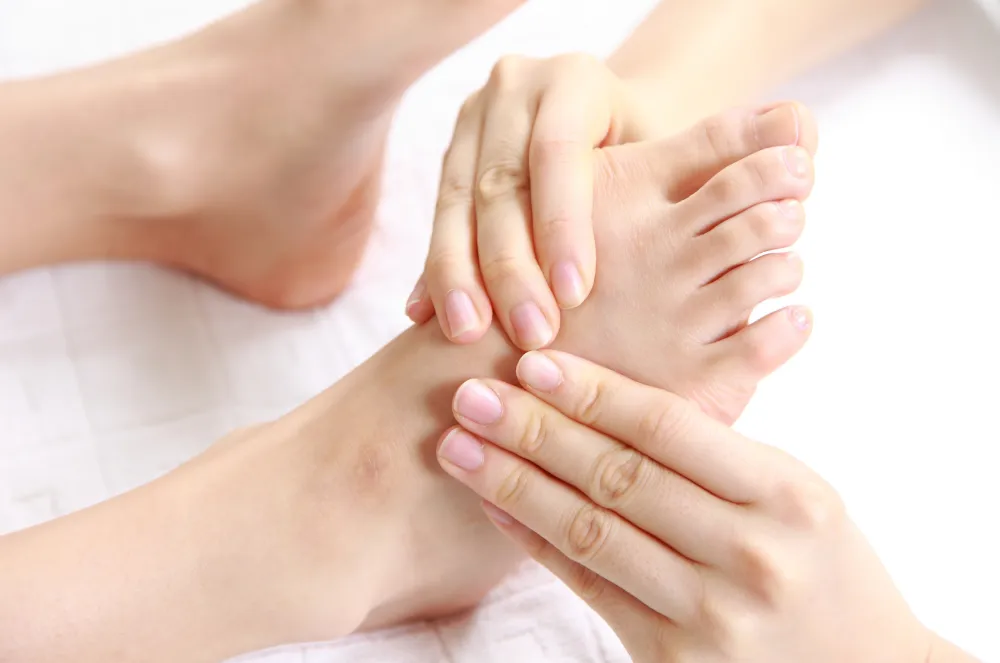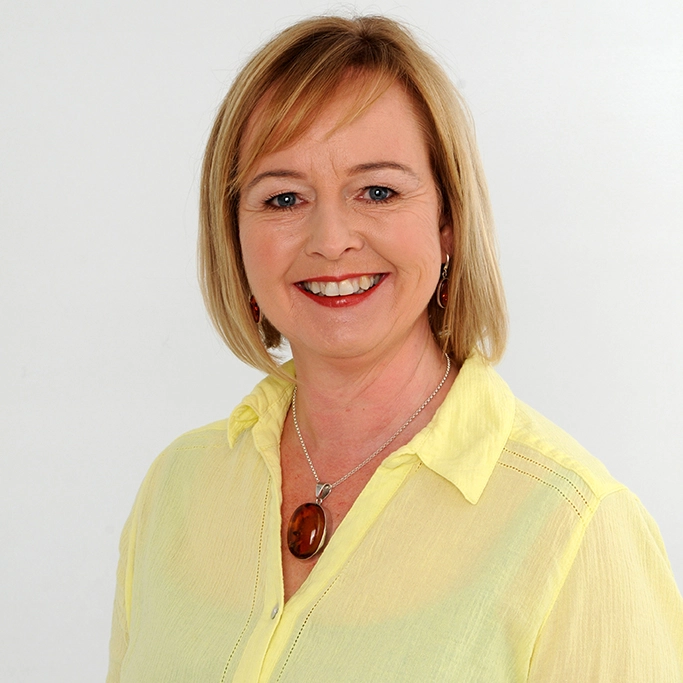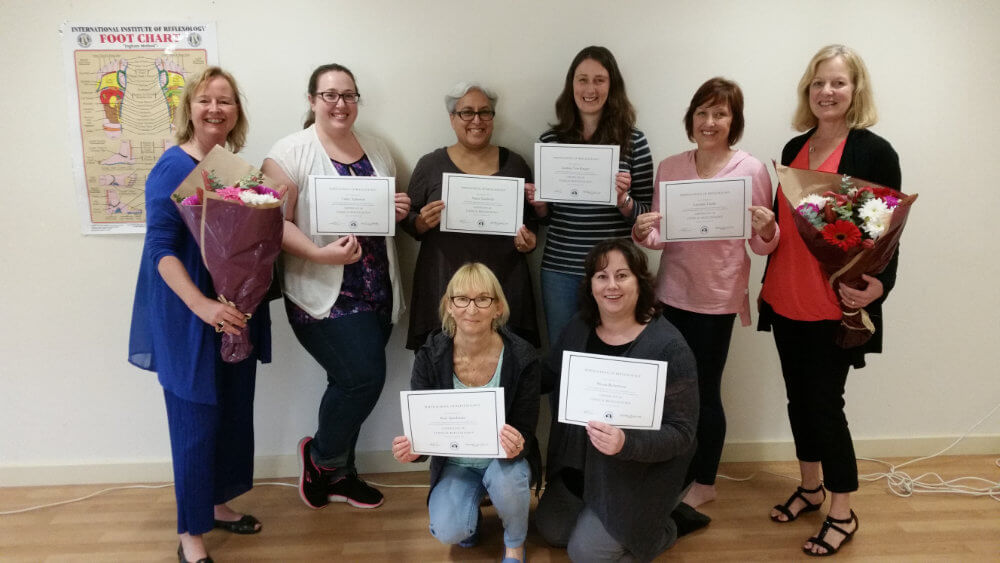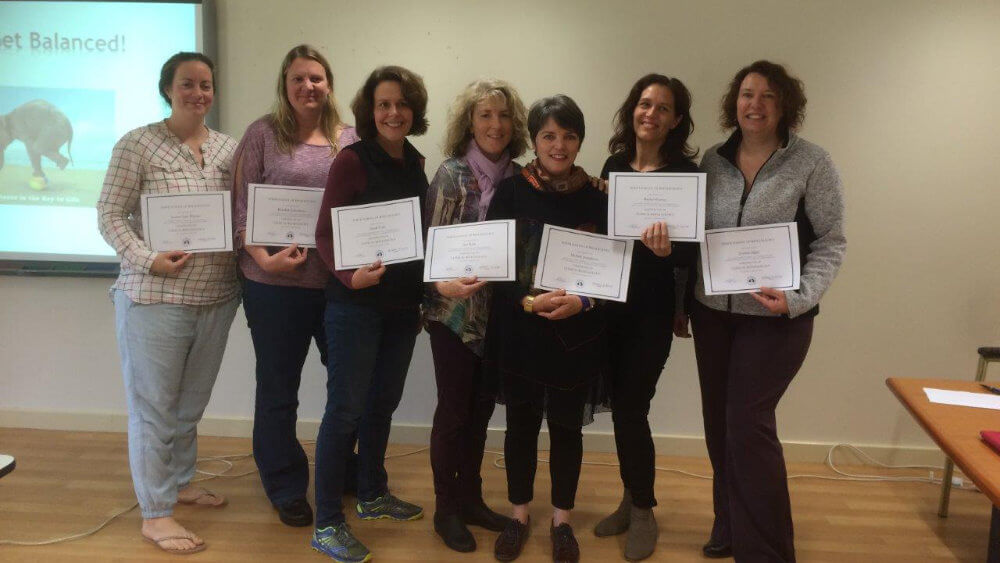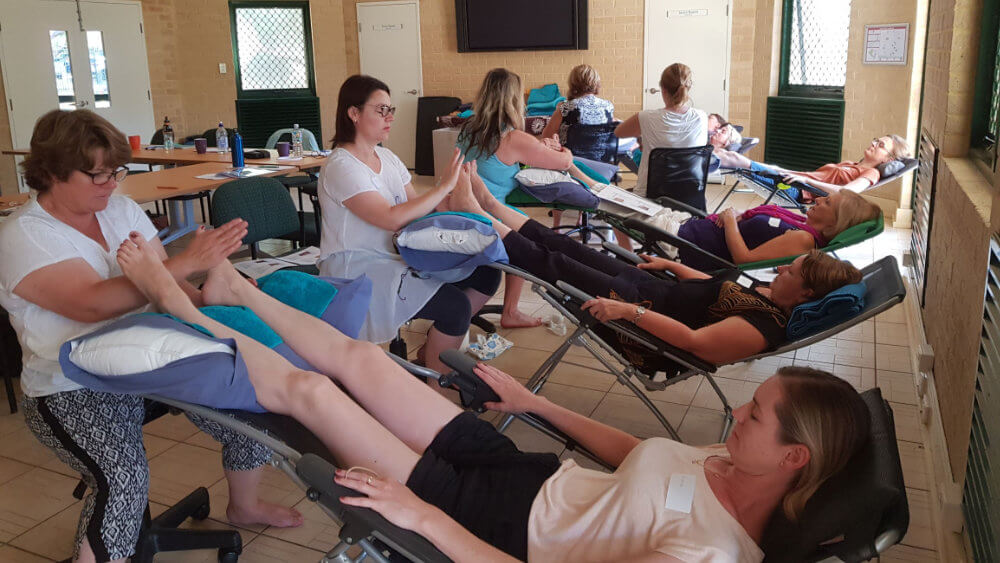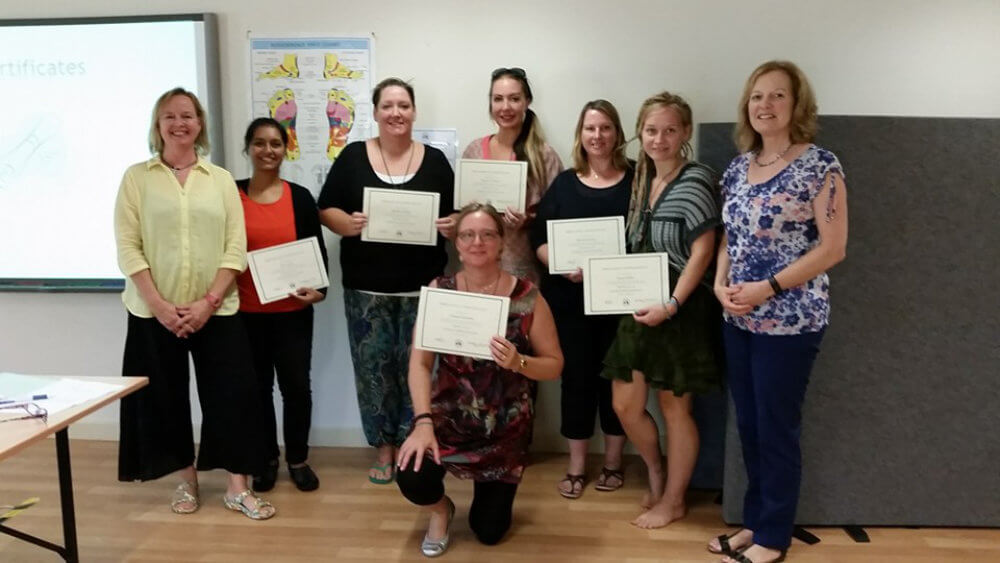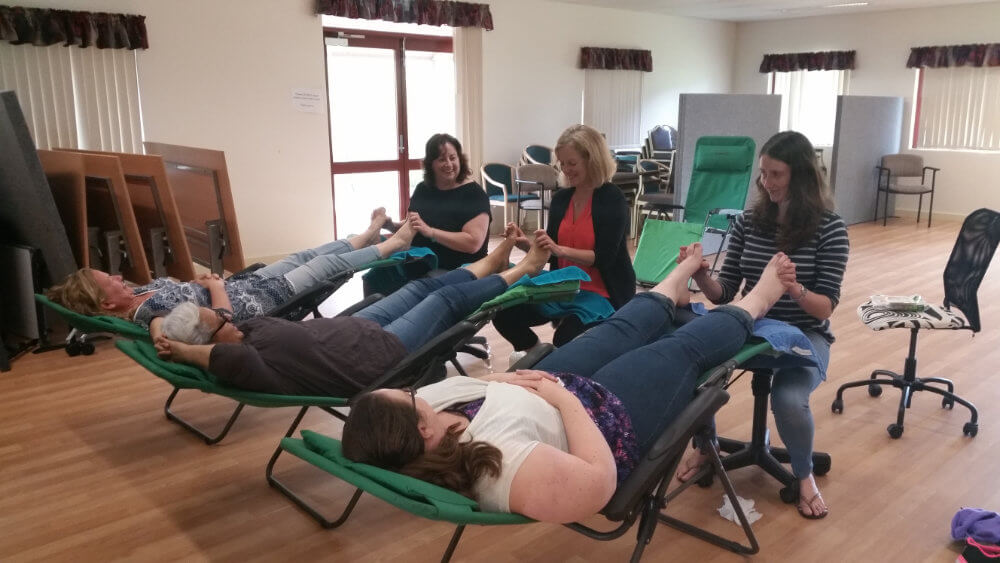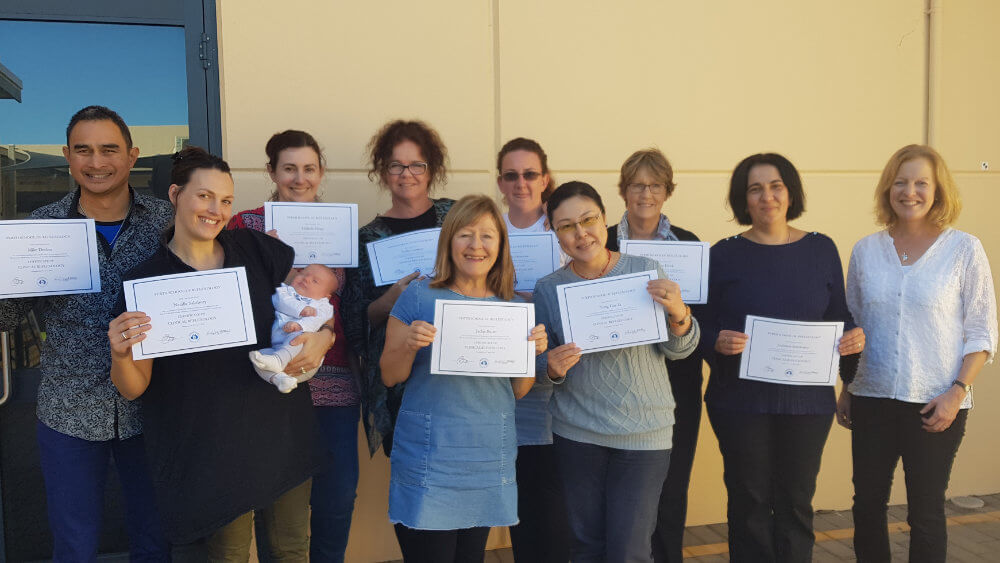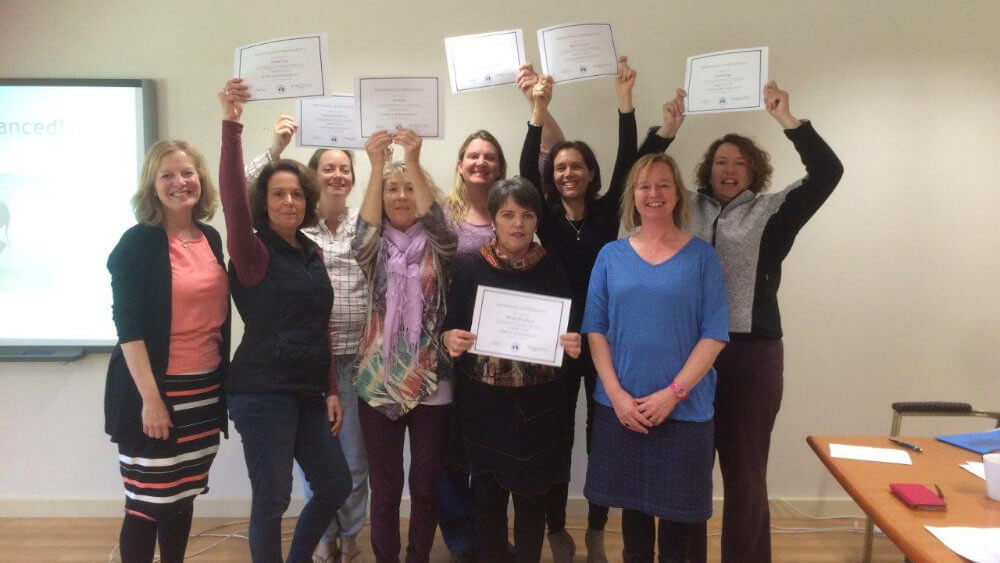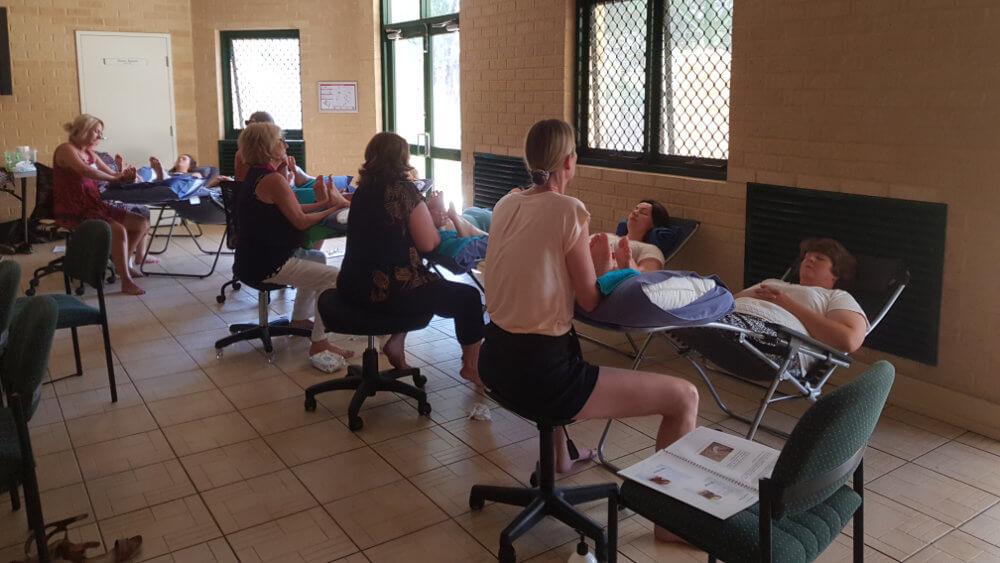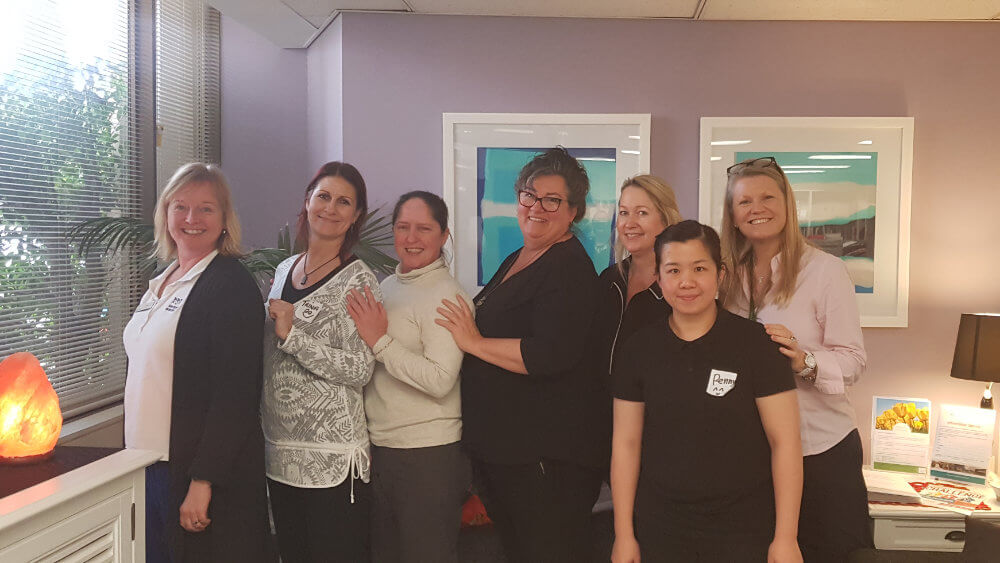Launch your dream career as a professional reflexologist
Perth School of Reflexology
Western Australia’s Only Specific Reflexology Training School
Why Train With Us?
As specialists in Reflexology, our trainers are highly qualified industry experienced educators, with a wealth of knowledge to share with past, present and future students. They share over forty years of clinical reflexology practice experience, and our trainers continue to run their own busy private reflexology practices.
What you will gain when training with us
- Over 13 years in reflexology education – our school has been recognised by the Reflexology Association of Australia as providing practitioners of the highest standard & quality.
- Professional and up-to-date training.
- All Units are specifically related to your reflexology practice, including Manage a Practice: Business Planning and Administration.
- Support and mentorship for students starting their own Reflexology business.
- Students receive a personal and caring approach from their trainers (see our feedback!)
- Term-time only training, great for families.
- A Nationally recognised qualification, designed and owned by the Reflexology Association of Australia.
- Opportunity to join the Reflexology Association of Australia as a Professional Member.
Principal
Hollie Ann Kelly
- Diploma in Reflexology
- Reflexology Lymphatic Drainage
- Certificate IV in Training & Assessment
- Professional Member Reflexology Association of Australia (RAoA)
- Chairperson RAoA WA Branch Committee
Specialising in Reflexology Lymphatic Drainage (RLD) Hollie offers treatments from Carine, Perth WA.
Much more than a regular Reflexology treatment! RLD is a researched application of foot Reflexology found to be helpful in the management of secondary lymphoedema.
For more information and bookings contact Hollie:
Hollie’s Reflexology Journey
“After 33 years of Clinical Reflexology practice, this incredible modality never ceases to amaze me!”
Completing her Practitioner Qualification in 1992 in London, England, Hollie has since built a busy home practice as well as working in various community settings including cancer units, hospitals, aged care facilities and adult disability centres. She began teaching Reflexology in 2002 in London and pioneered a new curriculum syllabus aimed at Adults with Disabilities for her local Government Authority.
Since arriving in Perth in 2005, Hollie completed Certificate IV Training & Assessment enabling her to deliver Reflexology Units at Central Institute of Technology (formerly TAFE) as well as Introduction to Reflexology at Endeavour College.
“I particularly enjoy my work within the Disability Sector. A lot of my clients are non-verbal and although unable to give spoken feedback, it is very clear how beneficial Reflexology treatments are for them, lots of smiles, laughter and removal of shoes as soon as they see me! Families and carers confirm how their behaviour and general wellbeing improves following treatments.”
Hollie obtained Professional Membership of the Reflexology Association of Australia in 2008 and has held many positions on Committee. Hollie is currently Chairperson of RAoA WA Branch Committee.
“What started out as a ‘hobby’ has since transformed into an incredible journey. I can’t wait to see where Reflexology will take me next!”
Accredited to the Reflexology Association of Australia
No prerequisites required for our courses
Set up practice as a Professional Reflexologist
What is Reflexology?
Reflexology is a holistic, non-invasive therapy which complements other therapies and modern medicine. It is based on the principle that all parts of the body are reflected on the feet, hands and ears. A qualified Reflexologist will use a combination of pressure techniques on these reflexes in order to address imbalances in the mind and body.
- Reduces muscular tension and joint pain
- Relieves fatigue
- Improves sleep quality
- Increases energy and reduces tension
- Boosts lymphatic function
- Detoxifies the body and mind
- Improves circulation
Feedback
Our Graduates
More Info
FAQs
Want to know more about our courses, or a career in Reflexology?
Here are some answers to the questions we are most frequently asked.
When I successfully complete the Certificate of Clinical Reflexology, am I qualified to practice Reflexology?
See reflexology.org.au for benefits of Professional Membership of a National organisation.
Can I give Health Fund Rebates to my clients with this qualification?
This may change in the future as it is at the discretion of the Health Funds themselves.
What is the difference between the Diploma of Reflexology and the Certificate of Clinical Reflexology?
The Certificate of Clinical Reflexology has been designed by the Reflexology Association of Australia to run parallel with the Diploma of Reflexology.
Should students wish to study further there is a possibility to do so with RTOs and complete the further 5 Units required for the Diploma in Reflexology. Please note that RTOs will make charges for Recognised Prior Learning of the already completed 16 units at their discretion.
Are there any pre-requisites required before enrolment in the Certificate of Clinical Reflexology?
We would advise that you have completed education at school up to Year 12 or equivalent.
We recommend that students undertake the Anatomy & Physiology Unit before course commencement as this assists with understanding the body’s systems as we learn their reflex points.
Students are required to successfully complete Units HLTAAP002 (Anatomy & Physiology) & HLTAID003 (Provide First Aid) at a RTO, for completion of Certificate of Clinical Reflexology.
What are the job prospects for Qualified Reflexologists?
Many practitioners also combine their private practice with clients in community organisations such as Aged Care Homes, Disability Centres, Womens’ Refuges, etc.
Here are some further research statistics related to complementary therapy use in Australia:
- Market research from IBIS World placed natural health in the top five growth industries in Australia in 2010.
- Roy Morgan data from August 2010 showed the number of Australians using alternative health services grew by 40% over the past ten years.
- Australian Government careers and labour market research site, Job Outlook, said employment prospects for complementary health professionals are expected to grow very strongly in the period 2014-2015.
- Job Outlook said the proportion of complementary health professionals leaving their profession is 6.4% annually, substantially lower than the average across all occupations (13.1%).
- The 2008 National Prescribing Services (NPS) consumer survey revealed 65% of Australians had used one or more forms of complementary medicine in the last twelve months.
- Over half of Australians use complementary therapies, at a cost of about $1.8 billion year, to either prevent or treat health problems.
- The Australian Bureau of Statistics (ABS) estimates that 750 people become complementary therapists each year.
- Studies show that the most frequent users of complementary therapies include well-educated women, high-income earners and people with chronic conditions. (Source: betterhealth.vic.gov.au)
- Source: naturaltherapypages.com.au
Are there any required text books for Certificate of Clinical Reflexology?
- ‘Better Heath with Foot Reflexology’ by Dwight Byers
- ‘Complete Reflexology’ by Barbara & Kevin Kunz

